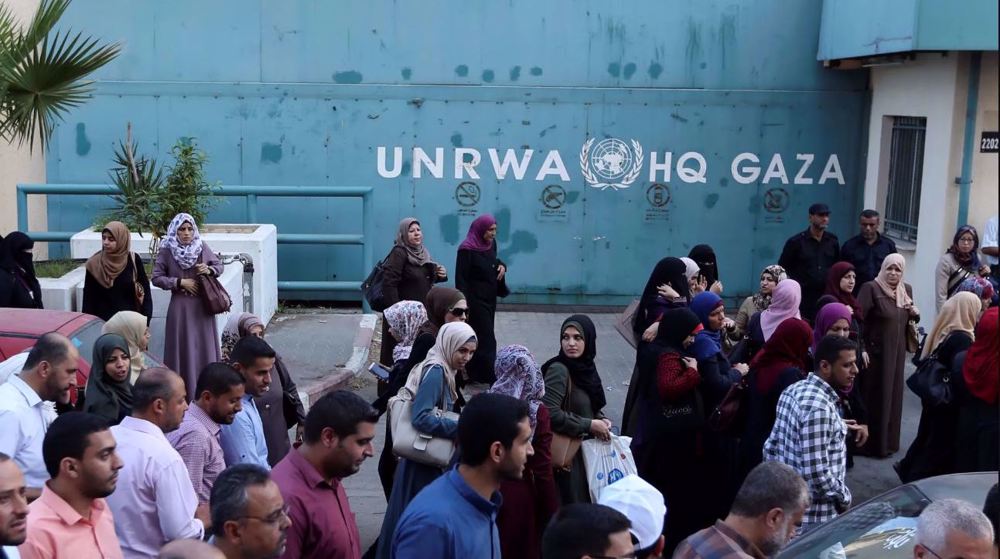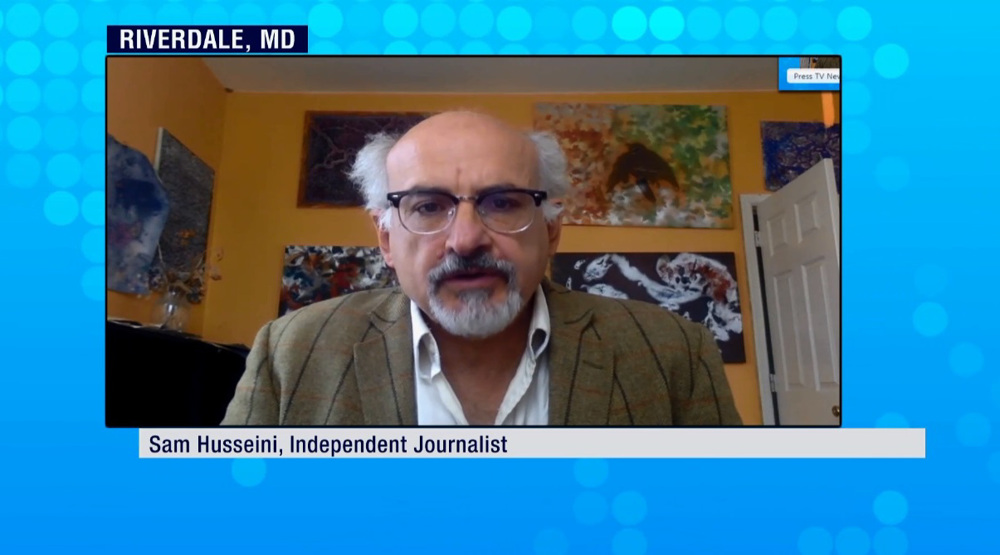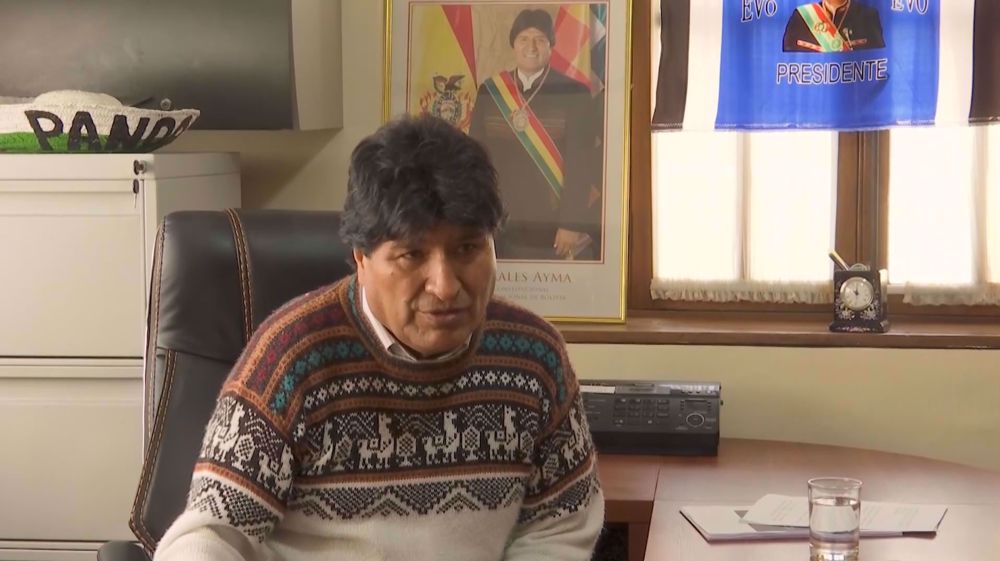Anti-Iran threats after nuclear talks show US duplicity: Analyst
Press TV has conducted an interview with Kaveh Afrasiabi, author and political scientist from Boston, to get his take on Leader of the Islamic Revolution Ayatollah Seyyed Ali Khamenei’s Saturday remarks on Iran’s policies towards the United States.
The following is a rough transcription of the interview.
Press TV: How can we interpret the Leader’s remarks when it comes to Iran’s policies vis-à-vis the United States?
Afrasiabi: I think that the Supreme Leader has articulated a national sentiment based on healthy cynicism toward the United States, which has a long history of animosity toward Iran dating back to the overthrow of democratically elected government of Musaddiq in 1953 and support for the Iraqi invaders of Iran during the Iran-Iraq war and so forth. Any scrutiny of this long history of the US animosity leaves no doubt about the justification and the rationality of Iran’s healthy cynicism toward the United States and distrust of the United States because of what it has done against Iran and against the national interests of Iran in the region and other allies of Iran, including Syria and so forth. So the Leader has marked the signing of this nuclear agreement not as a reorientation of Iran’s foreign policy, but as the continuation of Iran’s foreign policy, which is founded on the pillars of opposition against the bullying hegemonic powers by the United States.
Press TV: Regarding the nuclear agreement, how likely will Israeli lobbies be able to convince the Congress to reject it?
Afrasiabi: Well, I’m not sure. We have seen some 171 members of House of Representatives just signing another statement against this. And the Israeli lobby is in overdrive trying to torpedo this deal through the US Congress. But let’s not forget about all the propaganda by the Israeli government that is partly aimed that Iran in order to influence the Iranian domestic politics and so forth. So the Iranian officials and the Iranian people should be on guard with respect to all disinformation and propaganda that is directed at them by the Israeli government and the Zionist lobby. So it is not a very important factor, and what Iran should do is to make sure that the other sides, the 5+1 nations, particularly the Western governments led by the United States, will faithfully implement their part of bargain and will not tend to various shenanigans in order to escape from their obligations.
Press TV: While this agreement in place so far, has Washington ruled out the military options against Iran
Afrasiabia: We have again heard some, what I would say, nonsensical public relations statements by US officials including President Obama himself, who said the other day that the alternative to diplomacy is war. That is basically rubbish. The alternative to diplomacy is non-diplomacy, is political and diplomatic alienation, not war, because there is no trigger for war. There is no justification for any unprovoked war against Iran. And Iran is a member of the NPT and has fulfilled its obligations with the atomic agency and so on. So, these drum beats of war that is heard again as soon as this agreement was reached in Vienna shows the duplicity on the part of some US politicians and their Zionist backers, who want basically regional instability instead of a stable Middle East.
VIDEO | Press TV's news headlines
Severe heat wave hits India as phase 2 of polling begins
What to expect after President Raeisi's visit to Pakistan
China describes Iran as ‘strategic partner' in West Asia
April 25: ‘Axis of Resistance’ operations against Israeli occupation
Hezbollah hits Israeli military sites near border with rockets, drones
Rwandans say UK deportation 'another brutal manifestation of neo-colonialism'
US troops begin construction of controversial pier off Gaza









 This makes it easy to access the Press TV website
This makes it easy to access the Press TV website